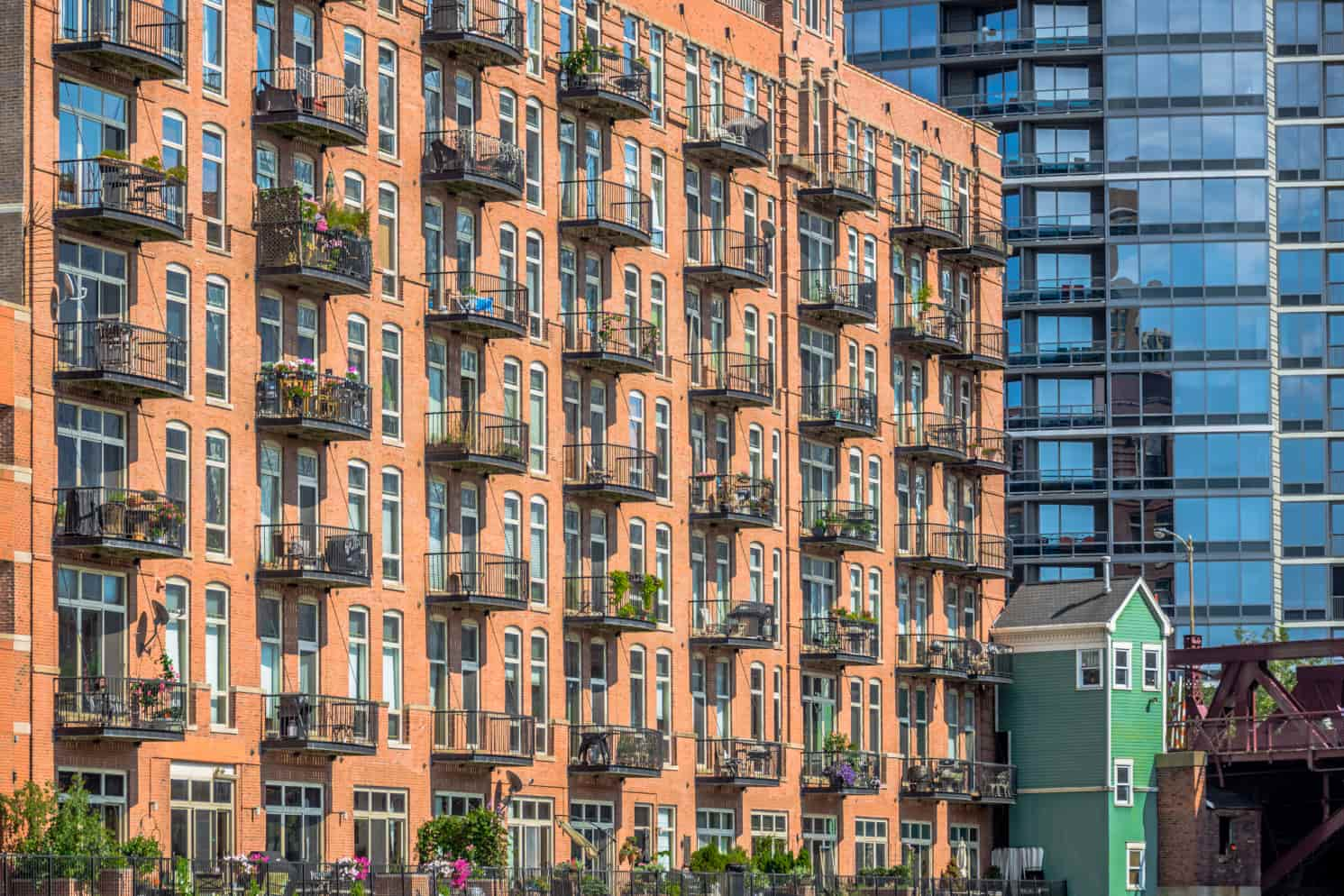Average Electric Bill Ranges: Average Electric Bill Chicago 1 Bedroom Apartment

Average electric bill chicago 1 bedroom apartment – The average electric bill for a 1-bedroom apartment in Chicago can vary significantly depending on several factors, including the neighborhood, the time of year, the energy efficiency of the apartment, and the type of building. This section will provide a detailed breakdown of these factors and their impact on electricity consumption and costs.
Average Electric Bill Ranges for 1-Bedroom Apartments in Chicago
The following table presents estimated average electric bills for a 1-bedroom apartment in Chicago, considering various factors:
| Neighborhood | Average Winter Bill | Average Summer Bill | Average Annual Bill |
|---|---|---|---|
| Loop | $100 – $150 | $150 – $200 | $1,200 – $1,800 |
| Lincoln Park | $120 – $170 | $170 – $220 | $1,400 – $2,000 |
| Lakeview | $110 – $160 | $160 – $210 | $1,300 – $1,900 |
| Wicker Park | $130 – $180 | $180 – $230 | $1,500 – $2,100 |
| Logan Square | $120 – $170 | $170 – $220 | $1,400 – $2,000 |
These figures are estimates based on typical energy consumption patterns and average electricity rates in Chicago. Actual bills may vary depending on individual usage habits, appliance efficiency, and other factors.
Tips for Reducing Electric Bills

Lowering your electric bill in a 1-bedroom apartment is achievable with smart strategies. By implementing simple changes in your daily routines and adopting energy-efficient practices, you can significantly reduce your energy consumption and save money on your monthly expenses. This section will provide practical tips to help you achieve this goal.
Optimizing Heating and Cooling Usage
Heating and cooling account for a significant portion of your energy consumption, making it crucial to optimize their usage. By adjusting your thermostat and utilizing energy-efficient practices, you can significantly reduce your energy bill.
- Set Your Thermostat Wisely: Lower your thermostat by a few degrees in the winter and raise it by a few degrees in the summer. Consider setting your thermostat to a lower temperature when you are away from home or sleeping, as you won’t need to maintain the same temperature level.
- Utilize a Programmable Thermostat: A programmable thermostat can automatically adjust your heating and cooling settings based on your schedule. This ensures that your home is comfortable when you need it and saves energy when you’re away.
- Maximize Natural Ventilation: Open windows and doors to let in cool air during the summer and warm air during the winter. This can help reduce the reliance on your heating and cooling systems.
- Use Ceiling Fans Strategically: Ceiling fans can help circulate air and make your home feel cooler in the summer. In the winter, run the fan in reverse to push warm air down from the ceiling.
Unplugging Unused Electronics, Average electric bill chicago 1 bedroom apartment
Many electronic devices, even when turned off, continue to draw a small amount of electricity, known as “phantom load.” This can contribute significantly to your energy bill over time. Unplugging these devices when not in use can save you money.
- Unplug Chargers and Appliances: Phone chargers, laptops, and other small appliances should be unplugged when not in use. Even if the device is turned off, the charger still draws power.
- Use Smart Power Strips: Smart power strips can automatically cut off power to devices when not in use, eliminating phantom load.
- Avoid Using Standby Mode: When possible, turn off devices completely instead of leaving them in standby mode. This will significantly reduce energy consumption.
Using Energy-Efficient Appliances and Lighting
Upgrading to energy-efficient appliances and lighting can significantly reduce your electricity consumption. These appliances use less energy to operate, resulting in lower energy bills.
- Choose Energy-Star Certified Appliances: Energy-Star certified appliances are designed to be more energy-efficient than standard models. Look for the Energy-Star label when purchasing new appliances.
- Replace Incandescent Bulbs with LED Bulbs: LED bulbs are much more energy-efficient than traditional incandescent bulbs and can last for many years.
- Use Natural Light Whenever Possible: Open curtains and blinds to let in natural light during the day, reducing the need for artificial lighting.
Taking Advantage of Energy-Saving Programs
Utility companies often offer energy-saving programs and incentives to help customers reduce their energy consumption. These programs can provide valuable resources and financial assistance for making energy-efficient upgrades to your home.
- Energy Audits: Many utility companies offer free energy audits to help homeowners identify areas where they can save energy. These audits can provide recommendations for energy-efficient upgrades and rebates.
- Rebates and Incentives: Utility companies often offer rebates and incentives for purchasing energy-efficient appliances, lighting, and other products. These programs can help offset the cost of making these upgrades.
- Demand Response Programs: Demand response programs allow utility companies to reduce energy usage during peak demand periods. By participating in these programs, you can earn rewards for reducing your energy consumption.
